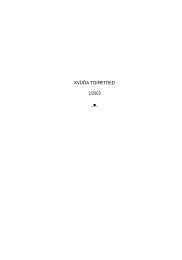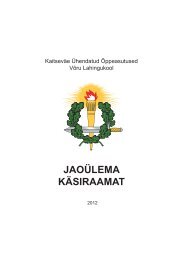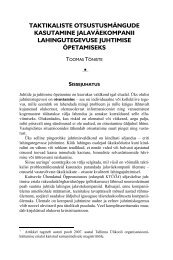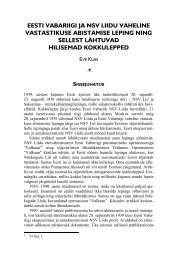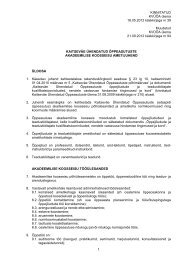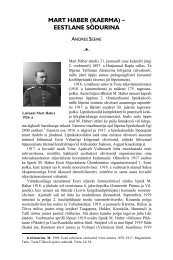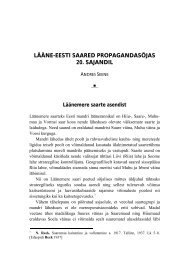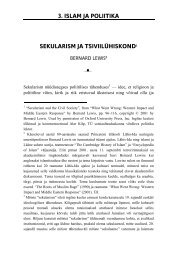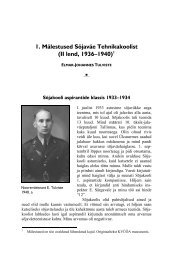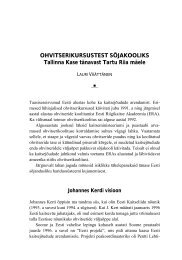Fatigue Management
Fatigue Management
Fatigue Management
Create successful ePaper yourself
Turn your PDF publications into a flip-book with our unique Google optimized e-Paper software.
Meanwhile Brigadier Taylor (22 Aust Bde), dazed with<br />
fatigue but unable to sleep, sent for Lieut-Colonel Varley,<br />
who had been with his 2/18th Battalion in reserve during<br />
the night, and asked him to take over, temporarily,<br />
command of the brigade. "I realised," Taylor recorded,<br />
"that I would have to get a few hours' rest in a quiet spot;<br />
my brain refused to work and I was afraid that if I carried<br />
on without rest the brigade would suffer." Having given<br />
the order, he collapsed …<br />
During the defence of Singapore,<br />
February 1942,<br />
in Lionel Wigmore's<br />
The Japanese Thrust, 1957<br />
Self-care as an Ethical Imperative of Military Leadership. Despite the<br />
evidence that fatigue does degrade operational outcomes, and in spite of<br />
available information on how to prevent or reduce debilitating fatigue, some<br />
commanders will ignore the potential consequences of fatigue when<br />
confronted with the demands of an operational environment. One recent<br />
approach to overcoming this neglect of fatigue is to foster self-care in relation<br />
to sleep need as an ‘ethical imperative'. Just as soldiers are taught to care for<br />
their feet by routinely changing their socks and keeping feet dry as much as<br />
possible, all personnel should understand the critical importance of gaining<br />
adequate sleep, know their own sleep tolerances and be practised in<br />
techniques for improving the quality of sleep during operations. Commanders<br />
are responsible for their own sleep needs. By practising good ‘sleep hygiene',<br />
commanders will set an example for subordinates. Commanders should also<br />
enforce appropriate sleep management as a matter of routine. Proper sleep<br />
contributes to individual and unit effectiveness. If given appropriate<br />
emphasis, a philosophy of self-care, at all levels in relation to sleep need, has<br />
the potential to foster effective sleep habits and fatigue prevention<br />
behaviours. Sleep cannot be delegated; the individual must take<br />
responsibility for their own sleep need.<br />
Towards dusk, when it was usual to change into slacks<br />
and roll down shirt sleeves, a group of us gathered round<br />
the tailboard of a truck to swap yarns and discuss<br />
prospects for tomorrow. We were to move off before<br />
midnight and none but the most phlegmatic considered it<br />
worthwhile to sleep.<br />
A.I.F. soldier, cited in Gavin Long's<br />
Greece, Crete and Syria, 1953<br />
37



